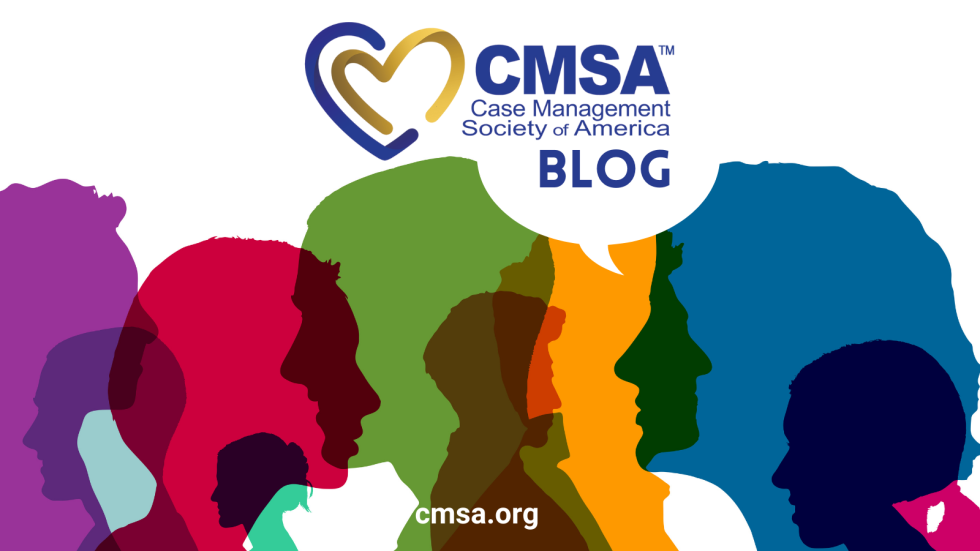A recent literature review on case management and care management reignited my call to action for research about case management practice. My goal is to construct a mosaic that depicts arenas where case management is practiced. One of these arenas was in the community health space supporting people with intellectual and developmental disabilities. Bogenschutz, Dinora & Johnson (2019) conducted research on the characteristics of a case management workforce in terms of wages, training, and retention in one particular state. Another arena was public health, which represents one of the earliest environments where community-based social workers and nurses utilized the case management model. A study conducted by Duarte-Climents, et.al (2019) examined the impact of case management on patients and families, specifically outcomes, efficient use of resources, compliance with risk management and clinical status. In both examples, the authors used the Case Management Society of America (CMSA) definition of case management. However, they cited other definitions and emphasized the occurrence of multiple definitions for case management. In fact, one of the articles introduced me to a new word, “polysemy” or “polysemous” which means multiple meanings.

Source: Google images, courtesy of Juliana Esti, English Teacher.
The literature suggests that there are multiple meanings for case management from state to state and among practice arenas. We use case management and care management interchangeably. A quick search on social media platforms will reveal a healthy debate on case management terminology. Research on case management practice will enhance the ability to clearly define case management.
Additionally, the study by Bogenschutz, Dinora & Johnson (2019) presented an excellent review of the need for case management competencies, categories for billing and nationwide standards. CMSA is poised to answer the call for nationwide standards. The CMSA Standards of Practice was first published in 1995, subsequently updated in 2002, 2010, and 2016 and is now ready for publication with the latest update that reflects a new standard and inclusion of definitions that are relevant to today and the future of case management practice.
CMSA is answering the call for advancing the practice of case management via CMSA Standards of Practice 2022, workforce development with the launch of the CMSA Case Management Bootcamp, an extensive library of educational resources for professional development in support of case management competencies and the upcoming national conference packed with expert panels, leaders, and industry executives who will promote career advancement and knowledge attainment. The missing piece…research to validate how we are forging a path to the future of case management. If you are interested in research or process improvement studies, check out the CMSA Foundation website (https://www.cmsafoundation.org/) for information on funding and grants. So, who’s with me? Let’s start researching!
Download your free copy of the 2016 Standards of Practice at http://cmsapmg.wpenginepowered.com/sop/
References
Bogenschutz, Matthew D; Dinora, Parthenia A; Johnson, Khalilah R., (2019). Case management workforce supporting people with intellectual and developmental disabilities: Indications of a new frontier of the workforce crisis. Intellectual and Developmental Disabilities; Washington Vol. 57 (6), pp.499-511. https://doi.org/10.1352/1934-9556-57.6.499
Duarte-Climents, G., Sánchez-Gómez, M. B., Rodríguez-Gómez, J. Á., Rodríguez-Álvarez, C., Sierra-López, A., Aguirre-Jaime, A., & Gómez-Salgado, J. (2019). Impact of the case management model through community liaison nurses. International journal of environmental research and public health, 16(11), p.1894. https://doi.org/10.3390/ijerph16111894


I am looking forward to seeing the new update of the CM SOP when released.
Can’t wait to see the CMSA Standards of Practice 2022 at the annual conference!